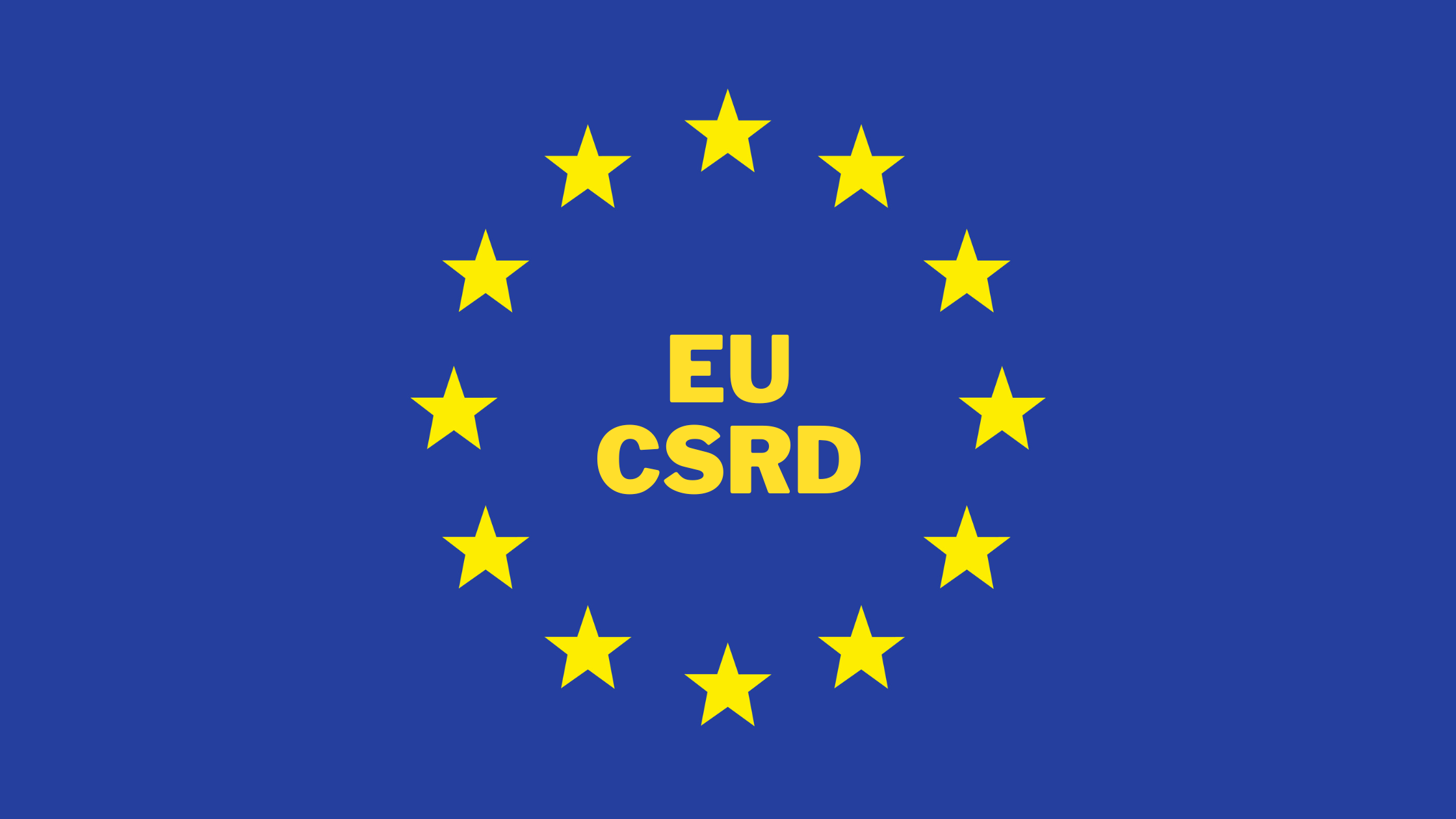In this comprehensive guide, we delve deep into the The EU Corporate Social Responsibility Directive (EU CSRD) to provide you with a detailed understanding of its implications, requirements, and how it may impact businesses across Europe.
Introduction
The EU Corporate Social Responsibility Directive, often referred to as EU CSRD, is a pivotal regulatory framework that aims to promote sustainability, transparency, and corporate accountability within the European business landscape. Introduced by the European Commission, this directive seeks to address various environmental and social challenges while fostering economic growth. In this article, we explore the key aspects of EU CSRD and its potential implications.
Key Features of EU CSRD
1. Scope and Applicability
The EU Corporate Social Responsibility Directive extends its reach to a wide range of businesses, encompassing both large and medium-sized entities. It applies to public-interest entities with more than 500 employees, thereby ensuring that significant players in the market adhere to its provisions.
2. Reporting Requirements
Under the EU CSRD, businesses are mandated to disclose comprehensive sustainability-related information in their annual reports. This includes data on environmental, social, and governance (ESG) factors, enabling stakeholders to gain insights into a company’s impact on society and the environment.
3. Non-Financial Reporting
One of the cornerstones of EU Corporate Social Responsibility Directive is non-financial reporting, which requires companies to divulge information on a wide array of topics, including:
- Environmental impact assessments
- Measures taken to combat climate change
- Diversity and inclusion policies
- Human rights due diligence
- Anti-corruption measures
4. Materiality Assessment
Businesses must conduct a materiality assessment to determine which ESG factors are most relevant to their operations. This ensures that the disclosed information is tailored to the specific challenges and risks faced by each company.
5. Assurance and Verification
To enhance the credibility of their disclosures, companies are encouraged to seek external assurance and verification of their non-financial reports. This promotes transparency and reliability in the eyes of stakeholders.
The Impact of the EU Corporate Social Responsibility Directive on Businesses
1. Improved Accountability
With the stringent reporting requirements of EU CSRD, businesses are compelled to take a closer look at their ESG practices. This leads to improved accountability and responsible business conduct, which can have a positive impact on public perception.
2. Competitive Advantage
Companies that excel in sustainability reporting can gain a competitive edge in the market. Consumers and investors increasingly favor businesses that demonstrate a commitment to ESG principles.
3. Risk Mitigation
Through the materiality assessment process, companies can identify and mitigate potential risks associated with environmental, social, and governance issues. This proactive approach helps safeguard the business from unexpected challenges.
4. Investor Confidence
Investors are becoming more discerning and are looking for sustainable investment opportunities. Compliance with EU CSRD can boost investor confidence by providing them with the necessary information to make informed decisions.
Navigating the EU Corporate Social Responsibility Directive with Permutable’s ESG Data Insights
This comprehensive guide on the EU Corporate Social Responsibility Directive (EU CSRD) not only provides a deep understanding of its core elements but also highlights the pivotal role of Permutable’s ESG data insights in facilitating compliance readiness.
Permutable’s ESG data offers a comprehensive view of a company’s environmental, social, and governance performance. By leveraging Permutable’s ESG sentiment insights, businesses can gain a competitive advantage by aligning their practices with EU CSRD requirements effectively.
Utilizing Permutable’s Data
Permutable’s ESG data provides a wealth of information that can aid companies in complying with EU CSRD. Here are some ways in which Permutable’s data can be invaluable:
Sustainability Reporting
Permutable’s data can assist companies in compiling accurate and comprehensive sustainability reports. By analysing ESG sentiment metrics, businesses can ensure that their reports align with EU CSRD standards.
Materiality Assessment
Permutable’s data can help companies identify and prioritise the most relevant ESG factors for their operations. This streamlines the materiality assessment process, ensuring that businesses focus on areas that have the most significant impact.
Benchmarking
Permutable’s data allows companies to benchmark how their ESG performance is perceived against industry peers and leaders. This comparative analysis can offer valuable insights into areas where improvements are needed to meet EU CSRD expectations.
Continuous Monitoring
Permutable’s ESG data provides real-time monitoring capabilities, enabling companies to track their progress towards sustainability goals. This ensures that businesses remain proactive in addressing ESG issues as they arise.
By leveraging Permutable’s ESG data insights, companies can not only meet the EU CSRD requirements but also enhance their overall sustainability strategies.
Conclusion
The EU Corporate Social Responsibility Directive represents a significant step towards a more sustainable and responsible business environment. By complying with its provisions and embracing ESG principles, companies can not only meet regulatory requirements but also position themselves as leaders in corporate social responsibility. As EU CSRD continues to shape the European business landscape, staying informed and proactive is essential for success.
Remember that the implementation and impact of EU CSRD may vary by country and industry, so it’s advisable for businesses to consult legal and sustainability experts to ensure compliance. In this rapidly evolving landscape, businesses that embrace sustainability and leverage data-driven insights, such as those provided by Permutable, are poised for long-term success and positive contributions to a more sustainable future.
Are you prepared to navigate the complexities of the EU Corporate Social Responsibility Directive and enhance your sustainability practices? Reach out to Permutable and leverage our ESG data insights. Our data offers a comprehensive view of your environmental, social, and governance performance, ensuring compliance readiness. Reach out to us today at enquiries@permutable.ai to find out more or get in touch to request a demo below.
